History
History
La Jolla Institute for Immunology (LJI) was established in 1988 by a coalition of leaders from academia and industry, including Dr. Makoto Nonaka, the Institute’s founding president, and Dr. Kimishige Ishizaka, the Institute’s first scientific director. These leaders envisioned a unique and dynamic partnership between basic science and applied research, one that would lead to breakthroughs in the understanding of the immune system and improve human health through the development of treatments and cures for immune system disorders.
Local Ties
LJI was formed with strong ties to major academic and medical centers, including UC San Diego (UCSD) and Scripps Research. LJI’s first board of directors included Dr. Gerard Burrow, past dean of UCSD’s School of Medicine. He fostered a close relationship between LJI and UCSD Medical Center that provided for joint research activities, consultation and training in the fields of allergy and immunology. The informal relationship built on shared research interests and successful scientific collaboration was formalized in 2015, when LJI entered an official affiliation agreement with UC San Diego Health System and the UC San Diego School of Medicine.
Peter Preuss, LJI’s founding chairman of the board of directors, also has strong ties to UCSD and currently serves on the University of California’s board of regents. Dr. Frank Dixon, who was recruited to Scripps Research in 1961 and became its first director, was a founding board member of LJI and served as chairman of the Institute’s board of directors for 14 out of his 16 years on the board.
Work environment
When Drs. Kimi and Terry Ishizaka helped found the Institute in the 1980’s, they created a standard of scientific excellence, as well as an environment where warmth and respect existed among colleagues. That legacy continues at LJI to this day, and it fosters a highly innovative and collaborative research environment in which the Institute takes great pride.
LJI was recently ranked among the top five molecular biology and genetics research institutions in the world. The Institute currently has over 450 employees, more than half of whom have doctoral (Ph.D. or M.D.) degrees.
Beginning Laboratory Operations
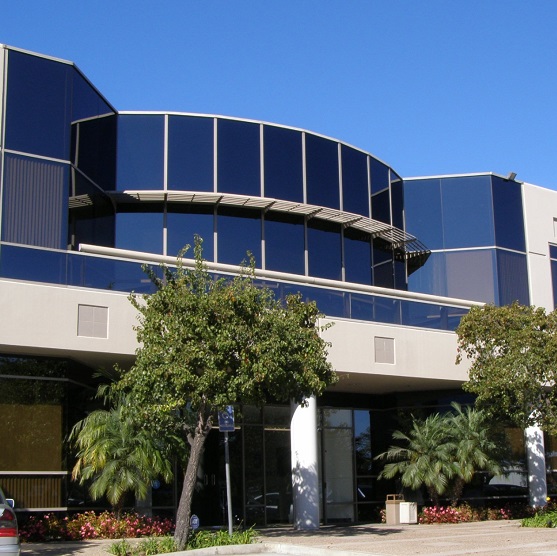 The Institute began its laboratory operations in 1989 with the arrival of two pioneering immunologists, Dr. Kimishige Ishizaka and Dr. Teruko Ishizaka, from Johns Hopkins University in Baltimore, Maryland. The Ishizakas received worldwide recognition in 1966 for their discovery of the IgE (immunoglobulin E) protein, a molecule that induces allergic reactions in the human body.1989
The Institute began its laboratory operations in 1989 with the arrival of two pioneering immunologists, Dr. Kimishige Ishizaka and Dr. Teruko Ishizaka, from Johns Hopkins University in Baltimore, Maryland. The Ishizakas received worldwide recognition in 1966 for their discovery of the IgE (immunoglobulin E) protein, a molecule that induces allergic reactions in the human body.1989Dr. Kimishige Ishizaka appointed President/Scientific Director of the Institute
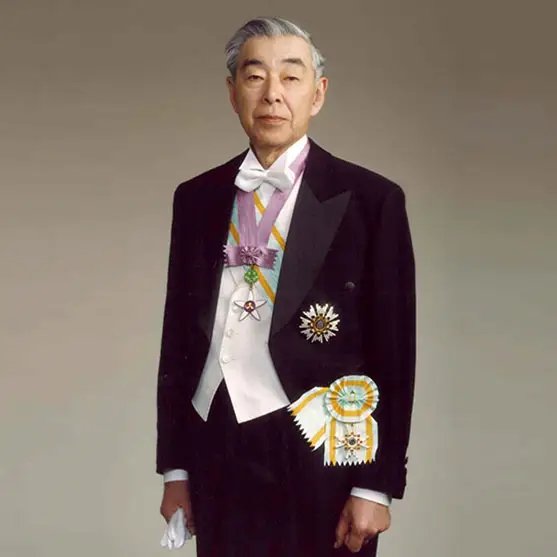 In 1991 Dr. Kimishige Ishizaka was appointed President/Scientific Director of the Institute and served in this role until his retirement in 1995. Under Dr. Ishizaka's leadership, LJI quickly established a worldwide reputation for excellence in allergy and immunology research.1991
In 1991 Dr. Kimishige Ishizaka was appointed President/Scientific Director of the Institute and served in this role until his retirement in 1995. Under Dr. Ishizaka's leadership, LJI quickly established a worldwide reputation for excellence in allergy and immunology research.1991Dr. Howard Grey leads the Institute
 Dr. Howard Grey joined LJI in 1995, succeeding Dr. Ishizaka as president and scientific director of the Institute. During the next several years, Dr. Grey leads the Institute through a period of growth that includesthe recruitment of prominent faculty members and the formation of a program to accelerate the commercial development of LJI's research and drug discovery plans. During Dr. Grey's tenure the Institute more than doubles in size, achieved significant scientific advances, and further established itself as a leader in immunologic research.1995
Dr. Howard Grey joined LJI in 1995, succeeding Dr. Ishizaka as president and scientific director of the Institute. During the next several years, Dr. Grey leads the Institute through a period of growth that includesthe recruitment of prominent faculty members and the formation of a program to accelerate the commercial development of LJI's research and drug discovery plans. During Dr. Grey's tenure the Institute more than doubles in size, achieved significant scientific advances, and further established itself as a leader in immunologic research.1995Institute moves to new building on Science Center Drive
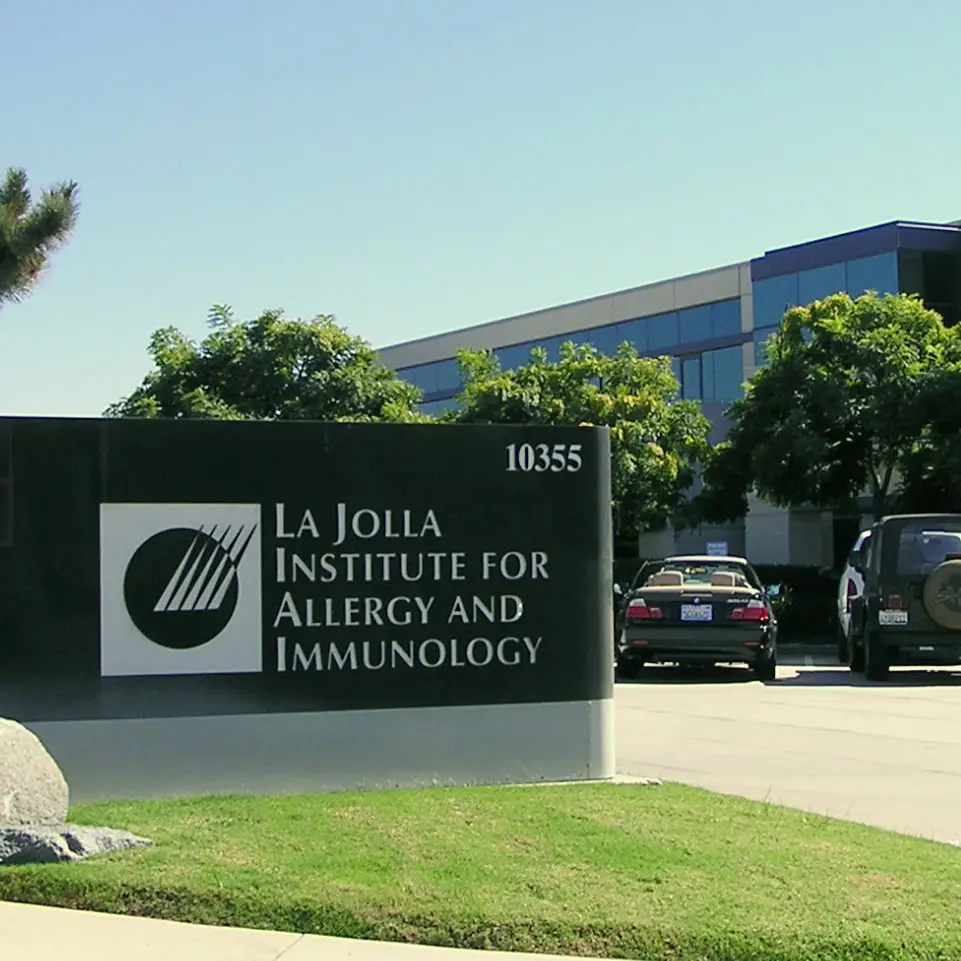 LJI moves from its initial location on Torrey Pines Road in La Jolla to a newly designed and constructed facility on Science Center Drive on the Torrey Pines Mesa.1996
LJI moves from its initial location on Torrey Pines Road in La Jolla to a newly designed and constructed facility on Science Center Drive on the Torrey Pines Mesa.1996Dr. Mitchell Kronenberg is appointed president and scientific director
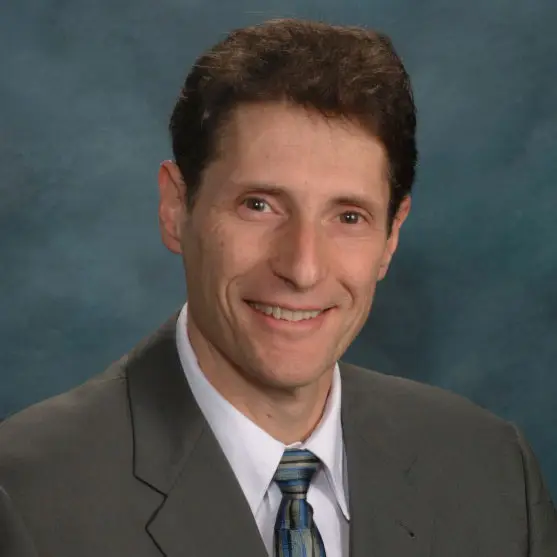 Since its inception, LJI has benefited from strong leadership. In 2003, Dr. Mitchell Kronenberg was appointed as president and scientific director. His vision for the future has included the development of a new research facility to accommodate the Institute’s growth, an accompanying expansion of LJI faculty and laboratories, the creation of an Infectious Disease Center at LJI, and the development of a joint Center for Immunology with UCSD.2003
Since its inception, LJI has benefited from strong leadership. In 2003, Dr. Mitchell Kronenberg was appointed as president and scientific director. His vision for the future has included the development of a new research facility to accommodate the Institute’s growth, an accompanying expansion of LJI faculty and laboratories, the creation of an Infectious Disease Center at LJI, and the development of a joint Center for Immunology with UCSD.2003New world-class research facility opens
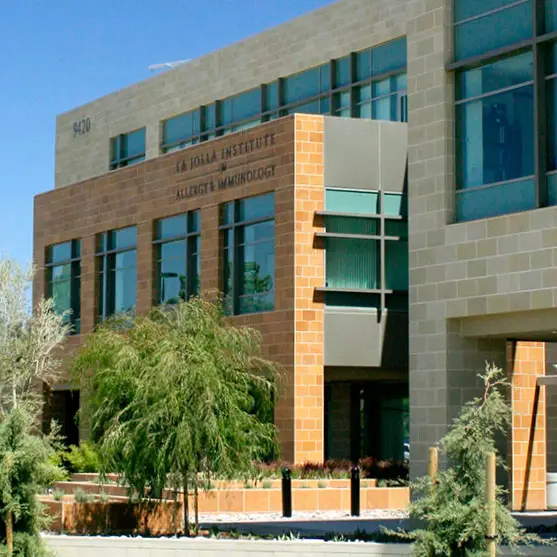 The Institute opens a new state-of-the-art research facility located in the new UC San Diego Science Research Park. The building includes an Emerging Infectious Disease and Biodefense Center, one of the few such dedicated research centers in San Diego. The Center is also home to the world’s largest database on how the immune system responds to infectious disease, which was developed in collaboration with the National Institute of Allergy & Infectious Diseases.2006
The Institute opens a new state-of-the-art research facility located in the new UC San Diego Science Research Park. The building includes an Emerging Infectious Disease and Biodefense Center, one of the few such dedicated research centers in San Diego. The Center is also home to the world’s largest database on how the immune system responds to infectious disease, which was developed in collaboration with the National Institute of Allergy & Infectious Diseases.2006La Jolla Institute Opens Major RNAi Center for Identifying Genetic Triggers of Disease
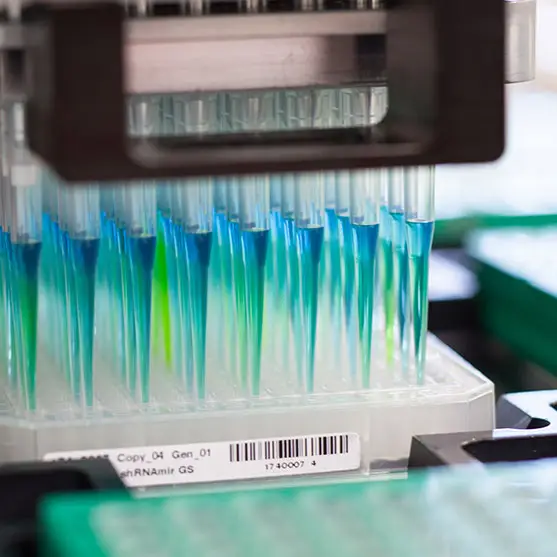 A major Center that will propel scientific efforts to pinpoint the specific genes involved in causing immune diseases, cancer and other diseases will be opened today at the La Jolla Institute for Immunology. Utilizing a Nobel prize-winning technology known as RNA interference (RNAi), the Institute’s new RNAi Center will be a catalyst for accelerating discovery toward new therapies against myriad diseases, and is one of a small, select group of dedicated RNAi facilities worldwide.2011
A major Center that will propel scientific efforts to pinpoint the specific genes involved in causing immune diseases, cancer and other diseases will be opened today at the La Jolla Institute for Immunology. Utilizing a Nobel prize-winning technology known as RNA interference (RNAi), the Institute’s new RNAi Center will be a catalyst for accelerating discovery toward new therapies against myriad diseases, and is one of a small, select group of dedicated RNAi facilities worldwide.2011Institute wins $22 million contract renewal for innovative worldwide research tool
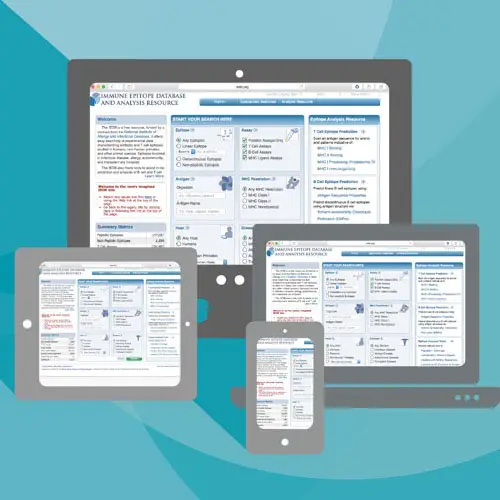 The National Institutes of Health (NIH) awards a $22 million, seven-year contract renewal to the La Jolla Institute to continue its role as host and developer of the Immune Epitope Database (IEDB), the world's largest collection of scientific data on how the immune system responds to a wide range of diseases. The database, launched in 2006, was designed and developed by the La Jolla Institute under a multi-million dollar competitive contract from the National Institute for Allergy and Infectious Diseases (NIAID), part of the NIH.2012
The National Institutes of Health (NIH) awards a $22 million, seven-year contract renewal to the La Jolla Institute to continue its role as host and developer of the Immune Epitope Database (IEDB), the world's largest collection of scientific data on how the immune system responds to a wide range of diseases. The database, launched in 2006, was designed and developed by the La Jolla Institute under a multi-million dollar competitive contract from the National Institute for Allergy and Infectious Diseases (NIAID), part of the NIH.2012Institute announces affiliation with UC San Diego Health System
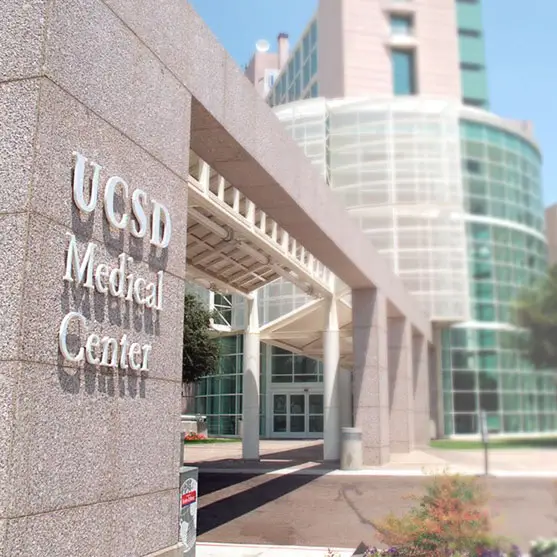 The agreement formalizes and codifies an informal, decades-old relationship built on shared research interests and a long history of successful scientific collaboration. The multi-year agreement with UCSD facilitates joint faculty appointments, enhances the range and depth of collaboration between the two organizations, and promotes closer integration between basic immunology research and clinical medicine to speed the development of treatments for diseases of the immune system.2015
The agreement formalizes and codifies an informal, decades-old relationship built on shared research interests and a long history of successful scientific collaboration. The multi-year agreement with UCSD facilitates joint faculty appointments, enhances the range and depth of collaboration between the two organizations, and promotes closer integration between basic immunology research and clinical medicine to speed the development of treatments for diseases of the immune system.2015La Jolla Institute for Immunology becomes the home of Coronavirus Immunotherapy Clearinghouse
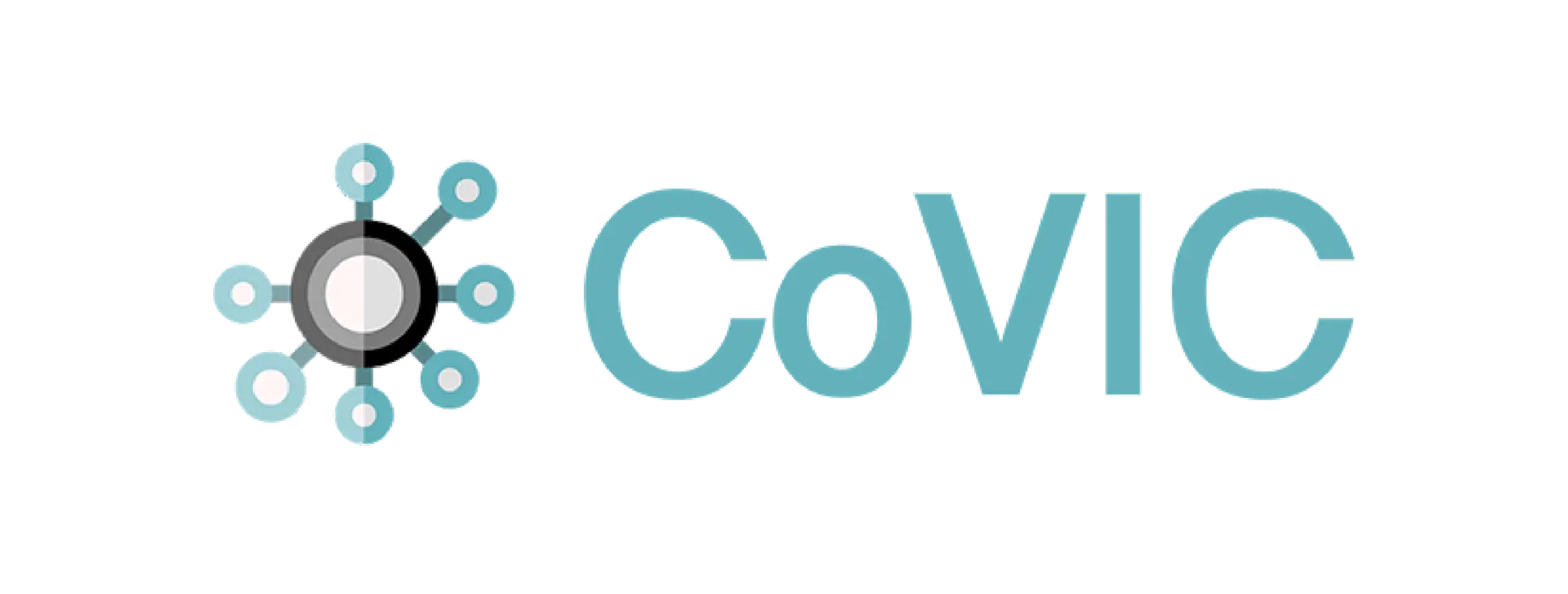 The Coronavirus Immunotherapy Consortium (CoVIC) serves as a clearinghouse to understand which antibodies are most effective against the novel coronavirus SARS-CoV-2 and to accelerate the research pipeline to provide immunotherapeutics in order to protect vulnerable individuals from severe manifestations of COVID-19 in all parts of the world including low-resource settings.
This effort is being funded as part of the COVID-19 Therapeutics Accelerator launched in early March by the Bill & Melinda Gates Foundation, Wellcome and Mastercard. The Accelerator provides fast and flexible funding at key stages of the development process to de-risk the pathway for drugs and biologics to prevent and treat COVID-19.2020
The Coronavirus Immunotherapy Consortium (CoVIC) serves as a clearinghouse to understand which antibodies are most effective against the novel coronavirus SARS-CoV-2 and to accelerate the research pipeline to provide immunotherapeutics in order to protect vulnerable individuals from severe manifestations of COVID-19 in all parts of the world including low-resource settings.
This effort is being funded as part of the COVID-19 Therapeutics Accelerator launched in early March by the Bill & Melinda Gates Foundation, Wellcome and Mastercard. The Accelerator provides fast and flexible funding at key stages of the development process to de-risk the pathway for drugs and biologics to prevent and treat COVID-19.2020Dr. Erica Ollmann Saphire takes the helm as President and CEO
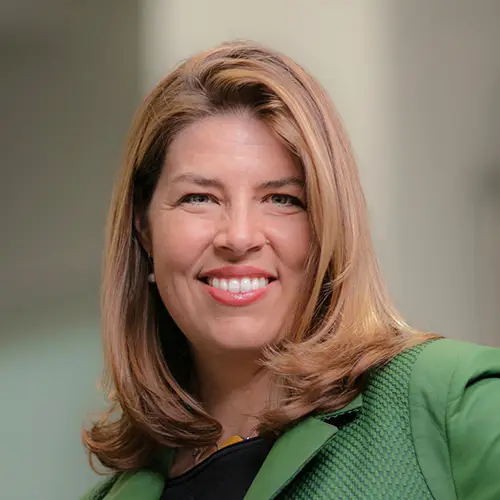 As a leader in infectious disease research, Dr. Saphire has dedicated her career to bringing scientists together to face the toughest health threats. Dr. Saphire will capitalize on the Institute’s focus on human immunity and the depth of expertise at LJI to bring to bear the power of our immune system on heart disease, autoimmunity, cancer, and infectious disease.2021
As a leader in infectious disease research, Dr. Saphire has dedicated her career to bringing scientists together to face the toughest health threats. Dr. Saphire will capitalize on the Institute’s focus on human immunity and the depth of expertise at LJI to bring to bear the power of our immune system on heart disease, autoimmunity, cancer, and infectious disease.2021
